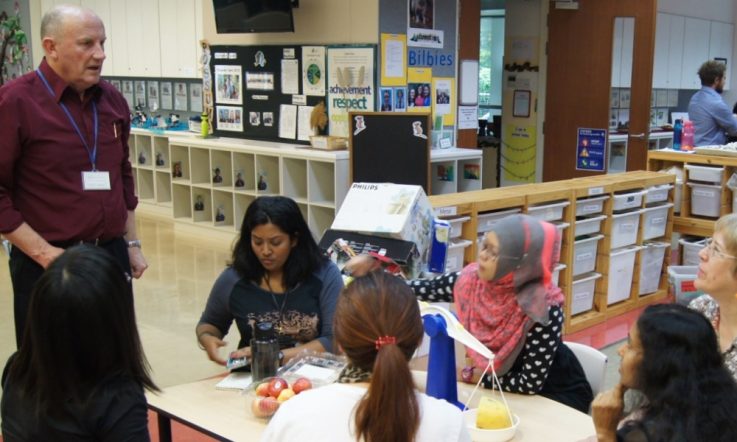The Australian Professional Standards for Teachers expect that teachers across all four career stages demonstrate knowledge and understanding of research into how students learn (Standard 1.2).
So, what is so important about research? The Australian Thesaurus of Education Descriptors describes research as ‘systematic investigation, collection, and analysis of data to reach conclusions, estimate effects, or test hypotheses'.
Put simply, the purpose of research is to learn more about a subject. What is assumed in education is that we want to learn more about how students learn in order to improve their learning.
While there is little argument with this in theory, there can be ambivalence amongst teachers when it comes to research. It is not uncommon to hear research described as 'wordy', 'out-of-touch', 'out-of-date', 'created in ivory towers', or 'too theoretical'.
Good research can be all of these things. A PhD thesis of 80 000 words will take several years to complete, and several hours to read. It will, of necessity, be grounded in theory and created in an academic environment. As a profession we need this level of rigour, but as practitioners we cannot all dedicate the time required to digest it. On the other hand, we do want more than just news headlines as our source of educational research.
Applying research findings
Within research organisations one hears a frustration that we publish research and teachers in the classroom do not apply the findings. Morris et al. (2011) estimate that in medicine it takes an average of 17 years for clinical research to be fully integrated into everyday practice.
There is a commonly cited ‘know-do gap' (Bennett and Jessani, 2011) which gives four reasons why someone might choose not to apply the best available information or research.
- Don't know – that the information exists, or what action to take;
- Don't understand – the information, what it means, why it is important;
- Don't care – see the information as irrelevant, not beneficial to their agenda; or
- Don't agree – think the information is misguided or false.
Research is also expensive. In 2012 education research, just within the Australian higher education sector, cost $357.6 million (ABS, 2012). While education represents a fraction of that spent on medical research, this is a massive waste if the findings do not translate into improving outcomes for learners.
The challenge for those doing research is to make it easier for practitioners to find, understand and apply their research.
The Australian Council for Educational Research has a strategic project dedicated to translation of research into educational practice. We recognise that it is not enough to publish research, or even to put it into the hands of teachers, leaders and systems – we need to ensure this research is applied to improve learning.
How do we do that?
Teacher and other evidence-based publications translate findings into short articles, videos, podcasts and infographics to make it easier to read and understand research. Face-to-face events such as the Excellence in Professional Practice Conference (EPPC) provide an opportunity to hear from practitioner researchers.
The priority is to foster communication and understanding between teachers and researchers, and to help recognise the difficulties faced by each group. If engagement is to be genuine and productive, it is essential that neither teachers, nor researchers, approach this from an attitude of deficiency or stereotyping.
How you can help
The translational research team at ACER would like to hear from teachers on the ground.
Questions include: How do you keep up with research? How do you like to ‘digest' research? When is the best time for you to engage in research? What questions do you wish educational researchers would address? What is the value of this research for improving learning? Does this research make sense? Does it fit your context? What has been missing? Are there voices absent? How can you apply these findings? Where does it fit in your frame of reference?
We invite you to keep in touch with the Translational Research project at www.acer.edu.au/epp/translational-research, or contact Pru Mitchell, pru.mitchell@acer.edu.au



